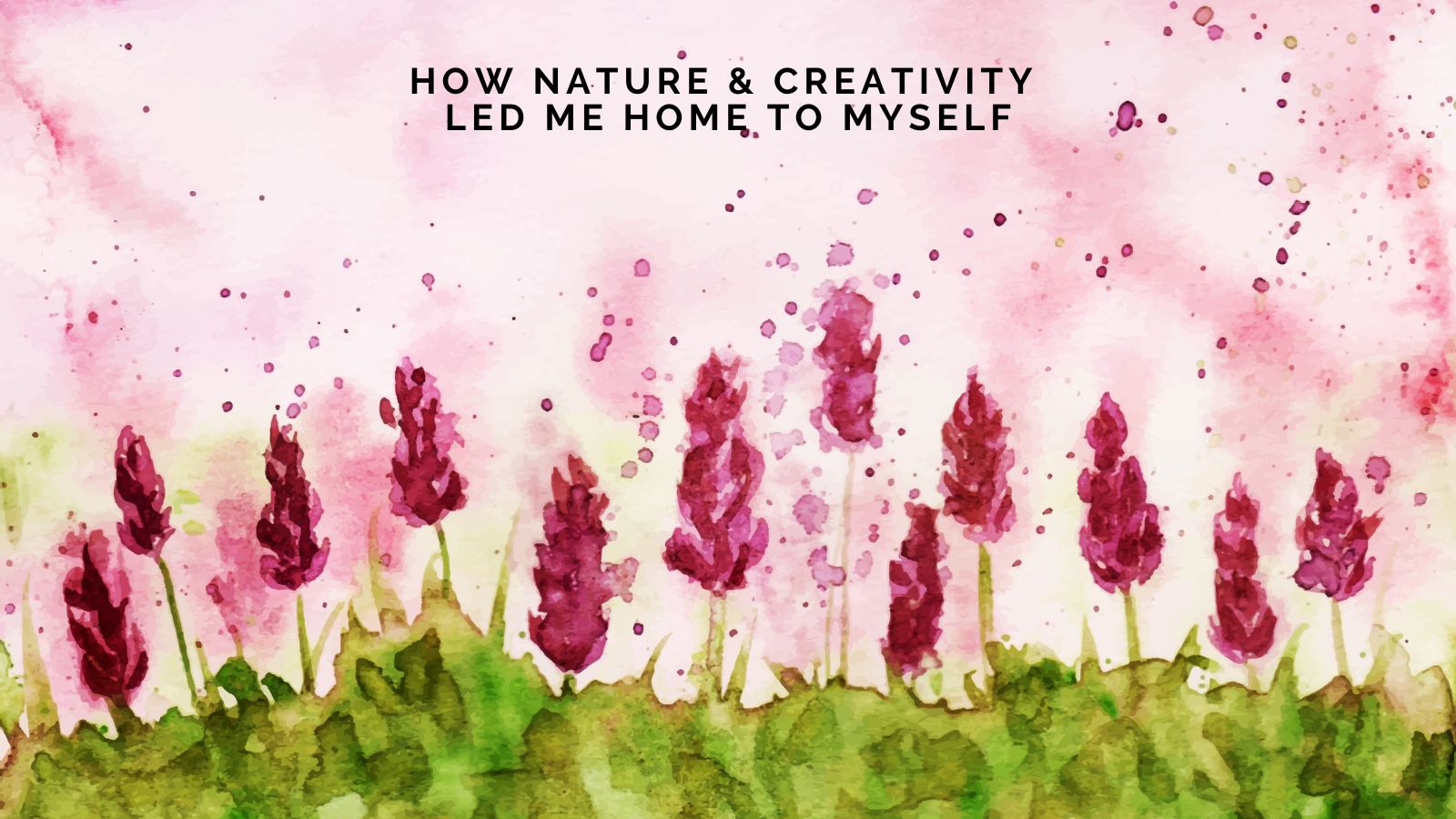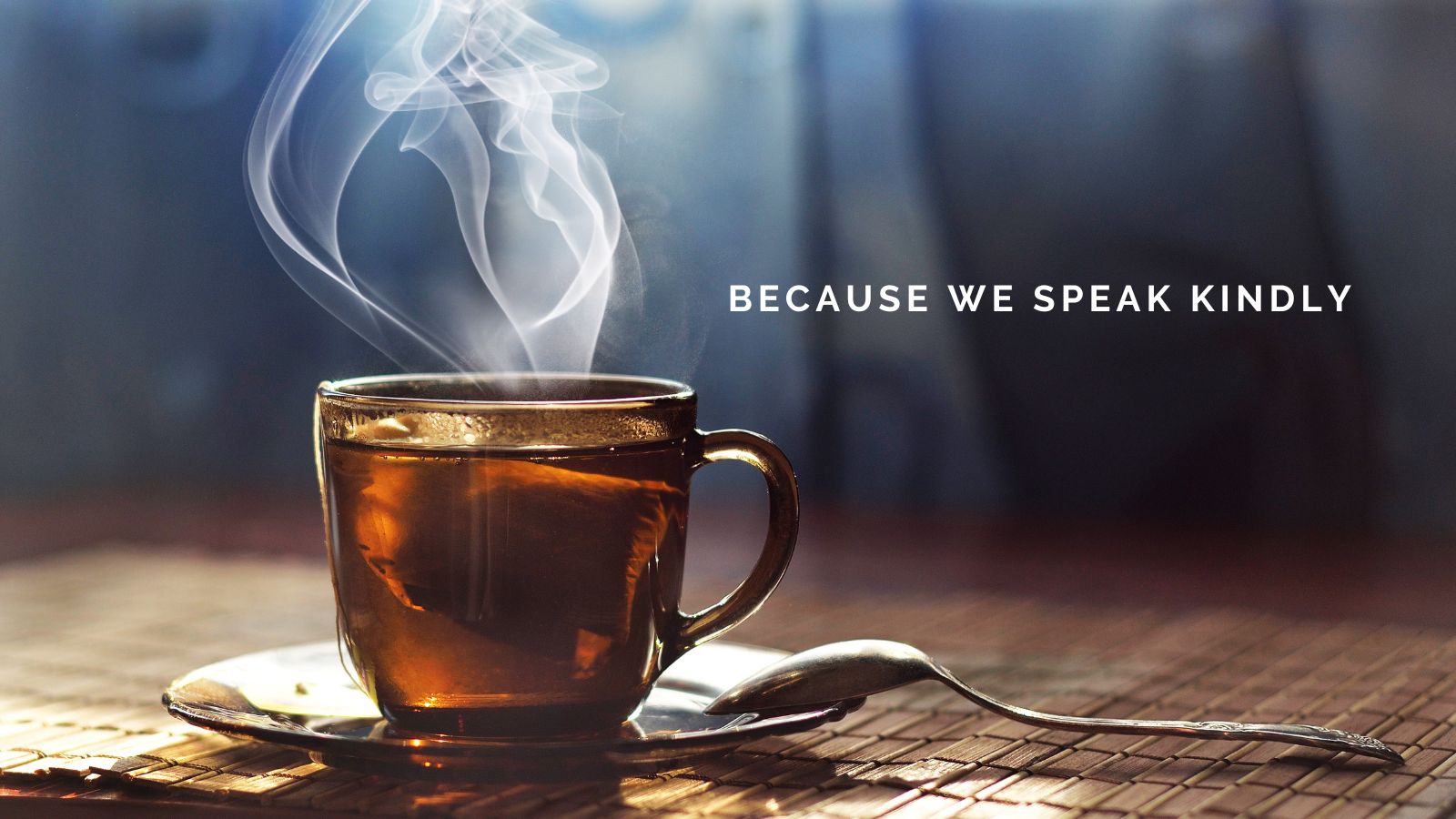
The woman at the hotel breakfast bar brought him his paper first. Then his coffee. He didn’t look up. She didn’t wait for a thank you—didn’t expect one, I don’t think. She moved quietly, with the weary grace of someone long accustomed to small dismissals.
It was like Teflon—the rudeness sliding off her untouched. No, not quite. It was slower than that. Like something thick and unseen, dripping down her shoulders, dampening her spirit. She wore his indifference like an old cardigan—threadbare, familiar.
I sat across the room, cradling my own cup, watching. There was a time I would have felt angry for her. But I’ve lived long enough now to know that anger, when it has no place to go, often turns inward. Instead, I found myself wondering.
When did she stop trying to be an equal?
Did she ever fight for her right to be respected?
Or had their relationship always been tilted slightly in his favour, like a table with one short leg propped up by a folded napkin?
They looked to be in their seventies—the long game of marriage. It made me think of my own forty-year commitment. My husband and I started and ran a school together for young people on the edge of falling through society’s cracks. We were the ‘mum and dad’ to twenty teenagers—some angry, some grieving, all deeply watchful. Everything we did, said, or didn’t say was observed. The way we navigated conflict, shared decisions, apologised—it all meant something to them.
We took it seriously. We brought the respect and professionalism of colleagues into our home. Not in a cold, clinical way, but with warmth and intention. We knew that saying “please” and “thank you” to each other wasn’t just about politeness—it was about dignity. It was about showing our children that love is gentle, not just passionate. That being close doesn’t mean being careless.
People have asked us, “Why are you two so happy?” And I’d reply, “Because we treat each other like colleagues.” That usually got a laugh, but I meant it. Why speak to your partner in a way you’d never speak to a friend? Why should the person you love most get the worst of you, instead of the best? I used to ask my students the same thing.
“Why do you speak to me with more respect than you give your mother? She’s the one who would run into a burning building to save you.”
They’d look away then—embarrassed, ashamed. They knew. But habits are hard to break when home runs in cycles, and love is confused with ownership.
Some say, “It’s because you’re your truest self with your partner. That’s why you let loose—let your temper flare.” But that’s what children do, isn’t it? Slam doors, say the most hurtful things they can think of, throw blame like confetti. Isn’t maturity about learning to feel something, then choosing how to express it? Isn’t love about editing sometimes? Holding your tongue because the person you’re speaking to matters?
Others say, “Well, that’s just how I feel. I’m only being honest!” But cruelty isn’t honesty. It’s just laziness wearing a moral hat.
I looked back at the woman. She was stirring her tea, the spoon barely moving, watching it swirl. Her husband flipped the page of his newspaper, loud in the silence between them. I wondered if she still hoped for *something else*, or if she had made peace with the absence of tenderness—like someone who has grown used to sleeping with a rock in the mattress.
I don’t know their story. I don’t want to judge. Love changes shape as the years stretch on. I only know what we have chosen in our own marriage: to speak kindly. Even when we’re tired. Even when we disagree. *Especially* then. That is our imperfect aim.
Kindness isn’t old-fashioned. It’s just quiet. It doesn’t demand the spotlight. It shows up in little things—a cup of tea, a hand on the back, a soft “I’m sorry” before sleep.
That woman brought her husband his coffee, and I wondered if she remembered why she started doing it in the first place. I hoped it wasn’t just routine. I hoped, somewhere deep inside, she still remembered what it felt like to be appreciated.
As we left the building, my husband held the door open. Just a small gesture. Automatic, really. I still said, “Thank you.”
He smiled and replied, “My pleasure.”
We walked out into the day, side by side.
_(46).jpg)
.jpg)
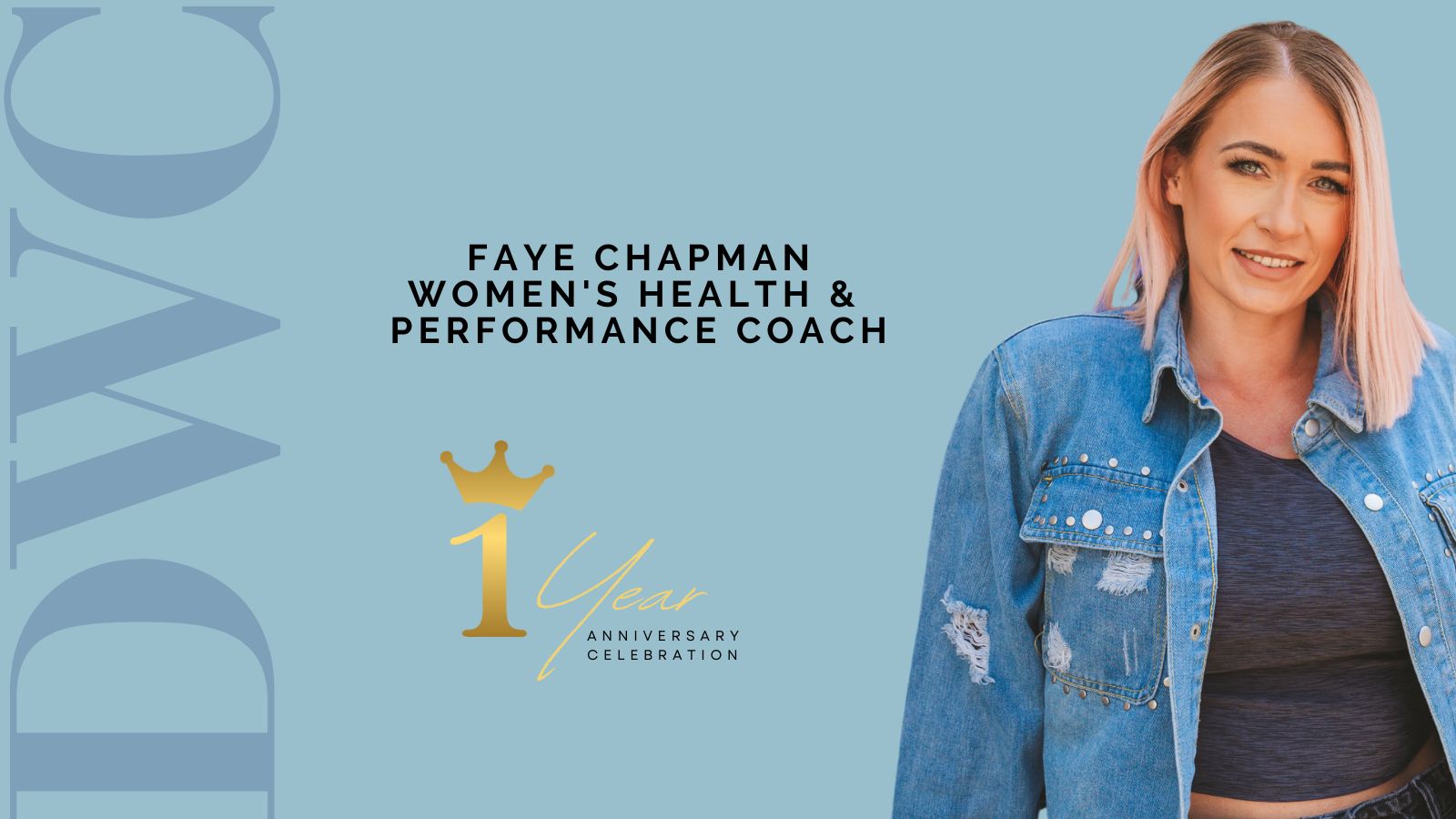

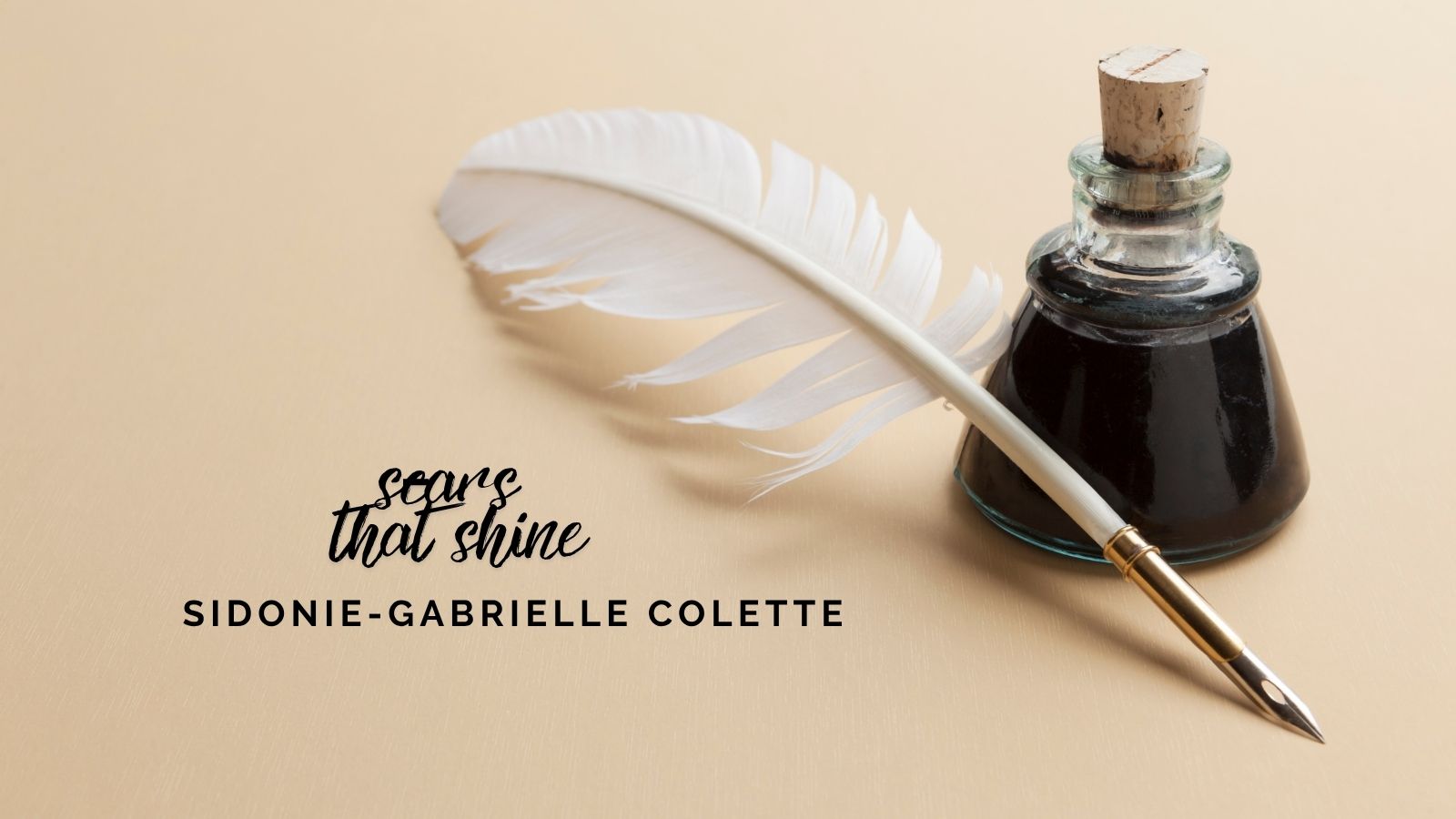
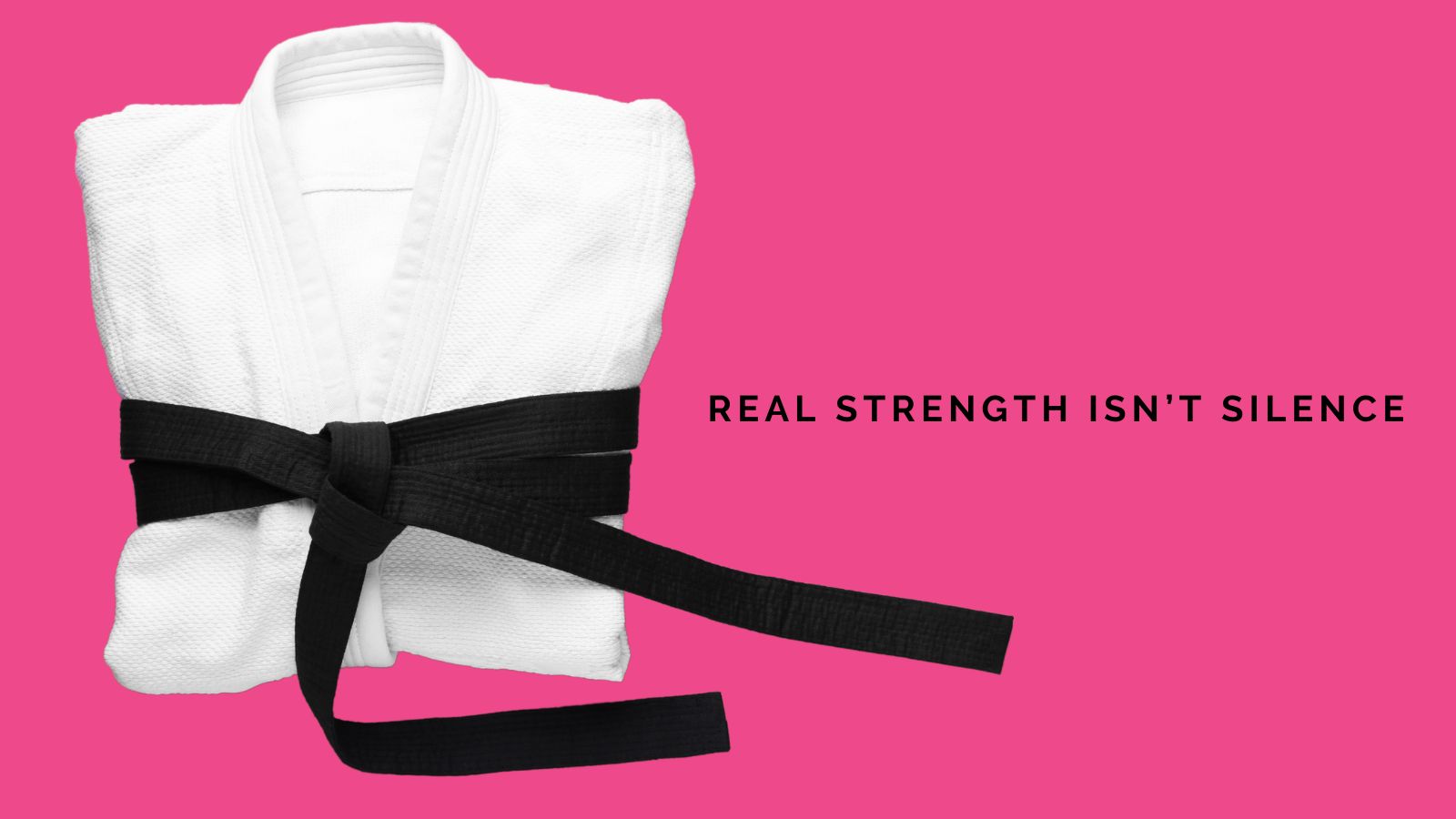



.jpg)





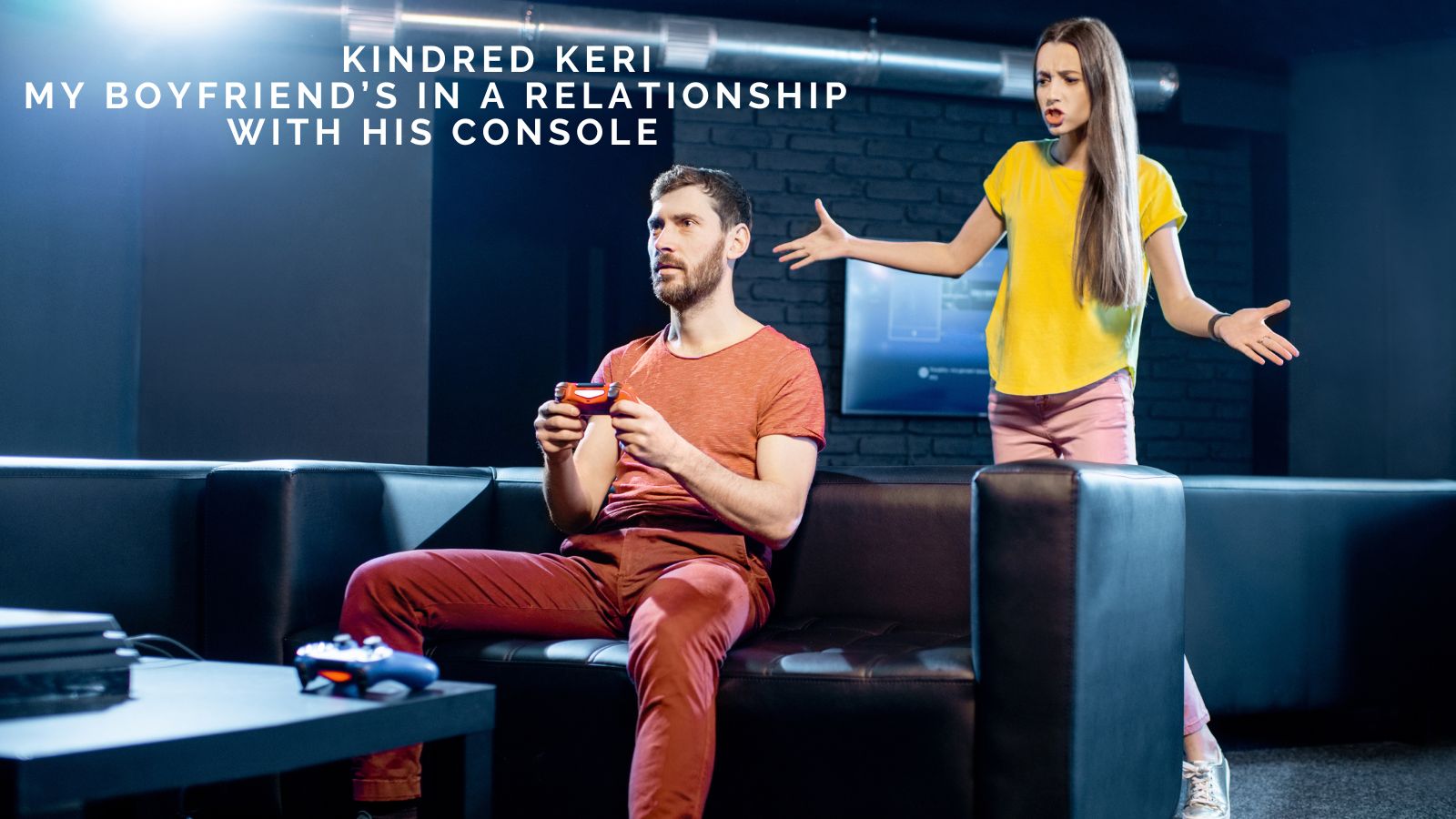


.jpg)


